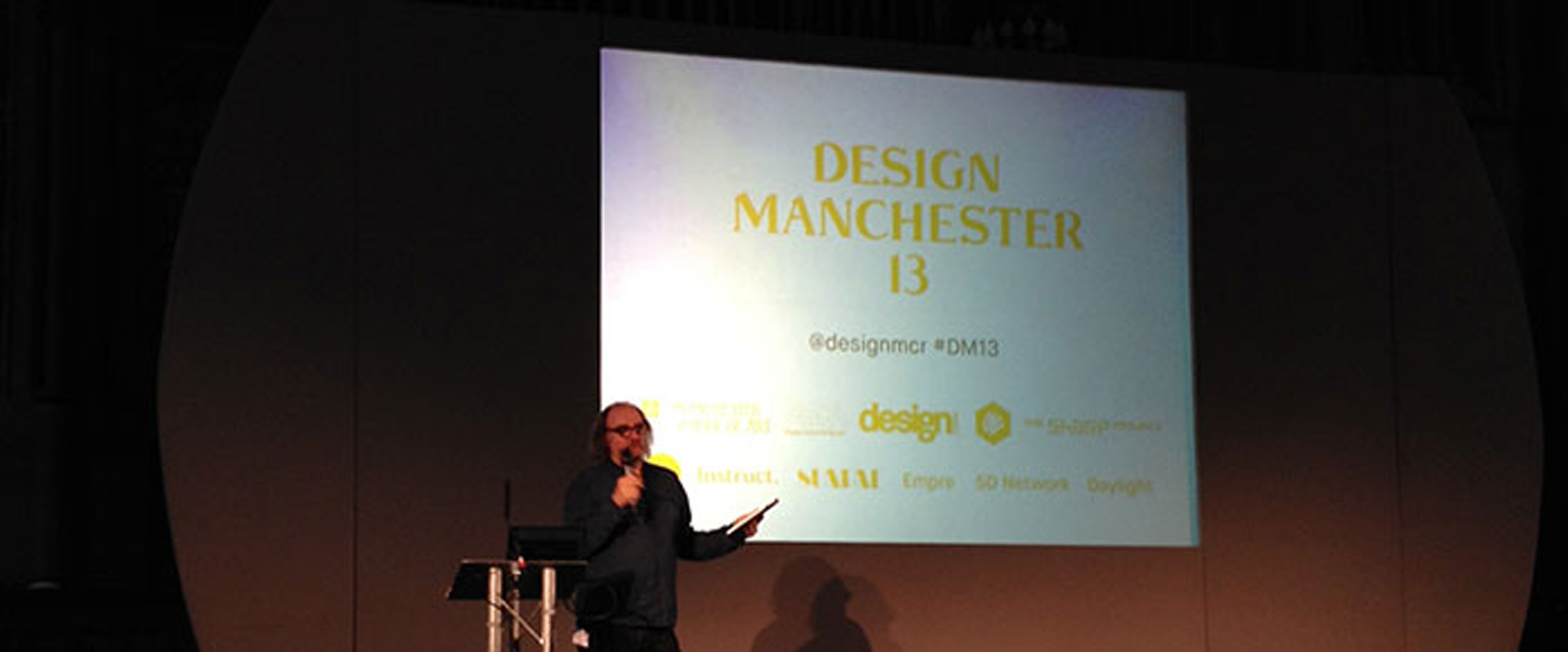How certain is the future? How much can we plan and strategize: is there room to shape it?
Are we causal thinkers – what happens in the past generally repeats – or are we effectual thinkers – things can be changed, patterns broken, innovation can succeed?
Certainly sticking rigidly to a strategy is not the way. Plans written months ago won’t help in a recession; we need a clutch of tactics and be flexible enough to change and react to circumstances.Successful strategy is often about reacting to events. Planning only takes you so far because you can only guess what will happen in the future. The smart strategist allows strategy to be shaped by events. Good reactions can make great strategy so being reactive is as important as being proactive.
Failure is commonplace: ninety-nine percent of all species and organisations that exist will eventually disappear. Once you accept this and understand that every innovation begins with a series of aberrations, you will be better placed to succeed now and in the future.
There are a plethora of enterprises that continue to examine the past for strategies that didn’t work well past the point where every signal and metric indicated the contrary. Campbell’s Soup and General Motors are examples of business leviathans that ignored signs of their demise for decades.
Others just commit suicide: Max cited Netflix as a company that had shot itself in the foot by suddenly charging for a hitherto free service and finding it almost impossible to win goodwill back.
The development of all systems proceeds in the direction of increasing the degree of idealness by dissolving contradictions. In other words, systems get simpler, not more complex.
The law of increasing ideality states that the ideal system is the one that has all the useful features and functions of the original system, but has no weight, no volume, requires no labour, no maintenance, consumes no energy and so on.Max’s well-known phrase is “change is inevitable, progress is not”. Enterprises get stuck in modes of behaviour and they have to shake themselves free of cultures stuck in inflexible ways of working. Beware the situation where you catch a colleague explaining that we do it that way because we have always done it that way. No, no, no!
Even ideas like “right brain people work in marketing: left-brainers in accounting and finance” have to be examined. Of course every enterprise needs different people to do all the tasks needed to keep everything rolling but everyone should be aware of progress and the tension between “why?” and “why not?”. Everyone needs to be creative: creativity is simply giving a non-obvious answer to an obvious question.In 1951, Toyota launched their Creative Idea Suggestion System. It was largely a copy of suggestion systems that were already in place in US companies at the time, primarily Ford. Toyota made some notable innovations to it over the years, but most importantly, they stuck with it. Of 80,000 ideas submitted a year, as many as 97% are implemented.
The person doing a job is often best-placed to make suggestions to improve it. Toyota is the largest motor manufacturer in the world and their vehicles are near the top of reliability and user satisfaction surveys. Especially in a recession, the mantra must be simple: everyone who wants their job to continue must have something of the maverick in them. Difficult questions need to be asked.
Recognise the problem. Understand what is happening. Do something about it. Business owners? Trust and empower your staff. Listen to them: take action.
Recognise, understand, do.
